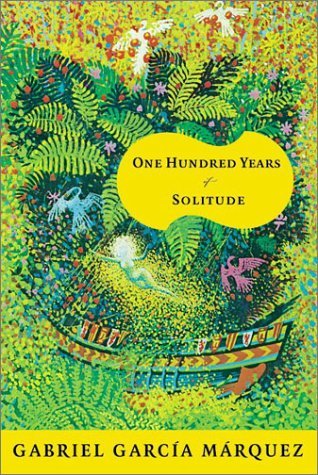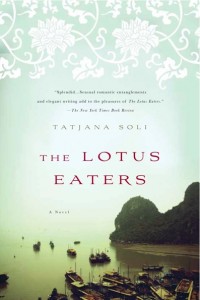Roth's landmark novel takes on the insurmountable task of capturing what it means to be American through the lens of the turbulent sixties and seventies. What Roth arrives at is not a bulleted list of characteristics and flashpoints (a seemingly American way to understand the world) but the reality that both personal and national identity are products of our perception and personal experience anyway.
America represents tyrannical fascism and morally bankrupt violence to Seymour Levov's weather-underground-vietnam-war-protesting daughter but for himself, a Jewish business man in search of the American dream, it means freedom, industry, and wealth.
For me, a good book asks more questions than it answers. Nothing interests me less than a work of fiction that says "here is what the world is and how you should understand it".* ** Roth's book is the anti that book. For some that's frustrating, but to explore the shifting paradigm of American identity during this time and how it caused us to question the construction of identity itself, it's perfect. But make no mistake, this novel isn't about a twenty year period in America's history - it's about narrative and national identity. It's about all the stuff that came before 1968 and what will come after it.
I have been thinking a lot about what it means to have honest relationships with other people. Trying to really understand them for who they are and not for what you'd like them to be or who you imagine them to be because that's the kind of person you fancy yourself having a relationship with. It's a hard thing to be really know someone and have your interaction be true - have it be about their reality and not your perception of yourself. How much harder, then, is it to understand a national identity, to form a relationship with it, when it is composed of such diverse people and experiences?
*Interesting...that's probably why I don't really like fantasy...hhmm
** But I do love non-fiction. That's the kind of "this is the world" I'm into :)




